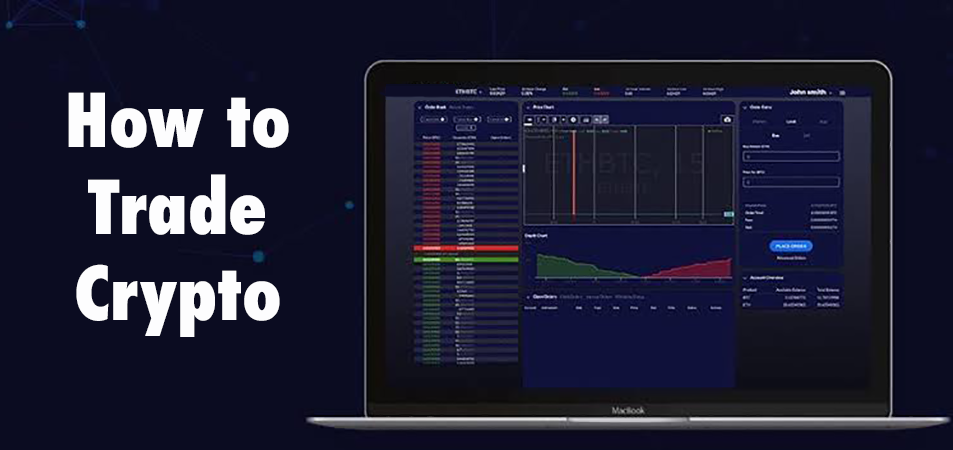Cryptocurrency trading is the act of speculating on cryptocurrency rate movements via a CFD trading account, or buying and selling the underlying coins by means of an exchange. CFDs trading are derivatives, which allow you to speculate on cryptocurrency rate motions without taking ownership of the underlying coins. You can go long (' purchase') if you believe a cryptocurrency will increase in value, or short (' sell') if you think it will fall.
Your revenue or loss are still computed according to the complete size of your position, so utilize will magnify both revenues and losses. When you buy cryptocurrencies by means of an exchange, you acquire the coins themselves. You'll require to produce an exchange account, put up the complete worth of the asset to open a position, and save the cryptocurrency tokens in your own wallet up until you're all set to sell.
Numerous exchanges also have limitations on how much you can deposit, while accounts can be extremely expensive to keep. Cryptocurrency markets are decentralised, which indicates they are not provided or backed by a main authority such as a government. Instead, they encounter a network of computers. However, cryptocurrencies can be bought and offered by means of exchanges and stored in 'wallets'.
 How to Trade Cryptocurrency! - YouTubeyoutube.com
How to Trade Cryptocurrency! - YouTubeyoutube.com
When a user desires to send out cryptocurrency units to another user, they send it to that user's digital wallet. The deal isn't thought about final until it has actually been validated and contributed to the blockchain through a procedure called mining. This is also how brand-new cryptocurrency tokens are usually created. A blockchain is a shared digital register of recorded data.
To pick the best exchange for your requirements, it is necessary to fully comprehend the kinds of exchanges. The first and most common kind of exchange is the central exchange. Popular exchanges that fall under this category are Coinbase, Binance, Kraken, and Gemini. These exchanges are personal companies that provide platforms to trade cryptocurrency.
The exchanges listed above all have active trading, high volumes, and liquidity. That said, centralized exchanges are not in line with the viewpoint of Bitcoin. They operate on their own private servers which creates a vector of attack. If the servers of the business were to be compromised, the entire system might be closed down for a long time.
The larger, more popular centralized exchanges are by far the easiest on-ramp for brand-new users and they even offer some level of insurance ought to their systems stop working. While this is true, when cryptocurrency is bought on these exchanges it is stored within their custodial wallets and not in your own wallet that you own the secrets to.
Should your computer and your Coinbase account, for instance, become jeopardized, your funds would be Additional hints lost and you would not likely have the ability to claim insurance coverage. This is why it is necessary to withdraw any big amounts and practice safe storage. Decentralized exchanges operate in the same way that Bitcoin does.
Rather, think about it as a server, except that each computer system within the server is expanded throughout the world and each computer that makes up one part of that server is controlled by an individual. If among these computer systems turns off, it has no result on the network as a whole since there are a lot of other computers that will continue running the network.